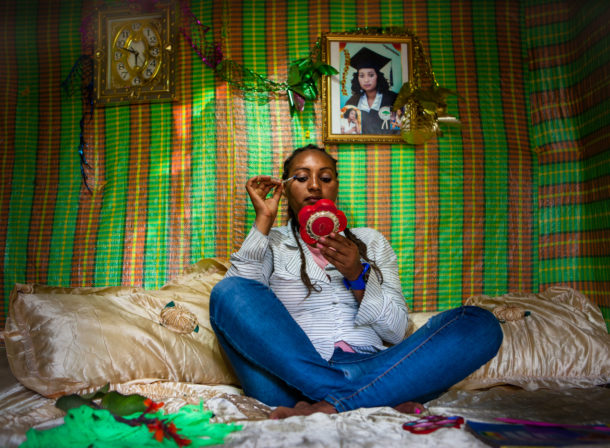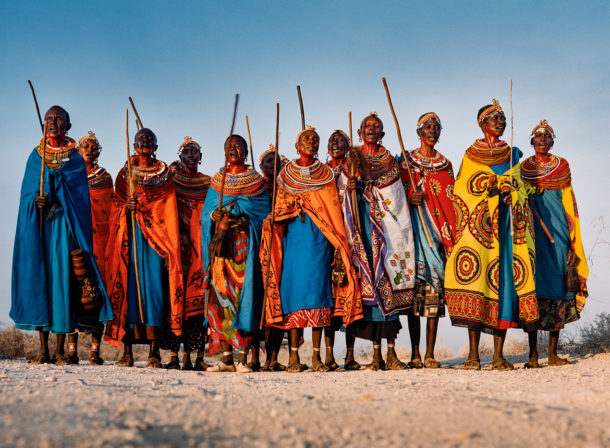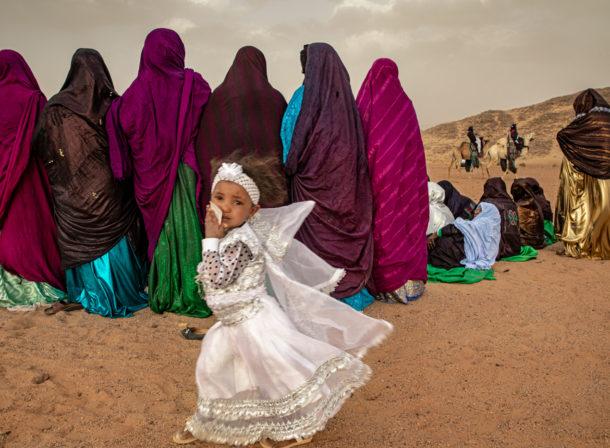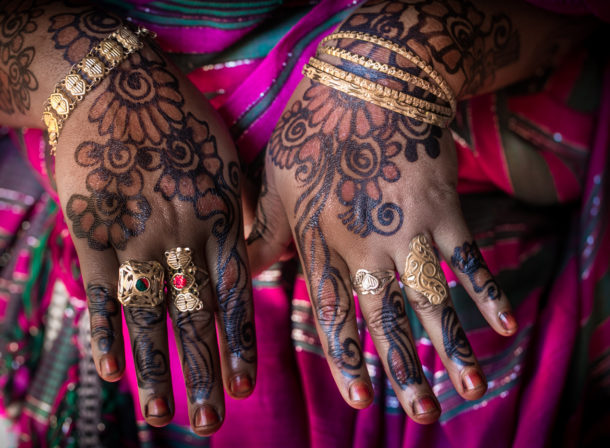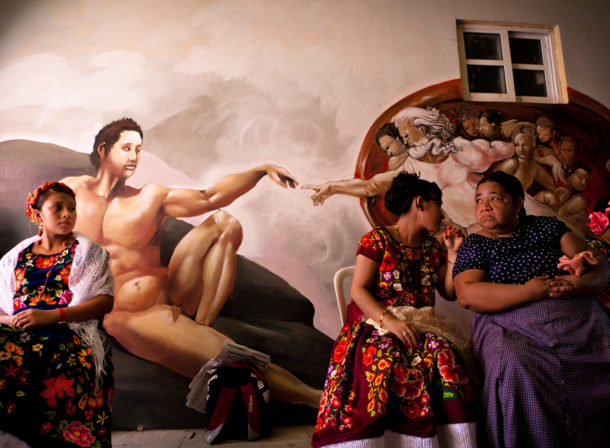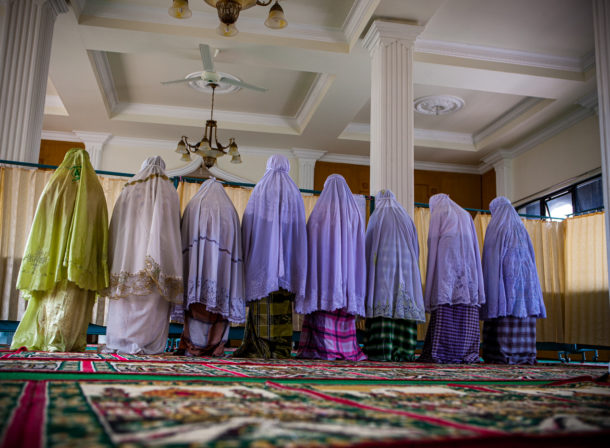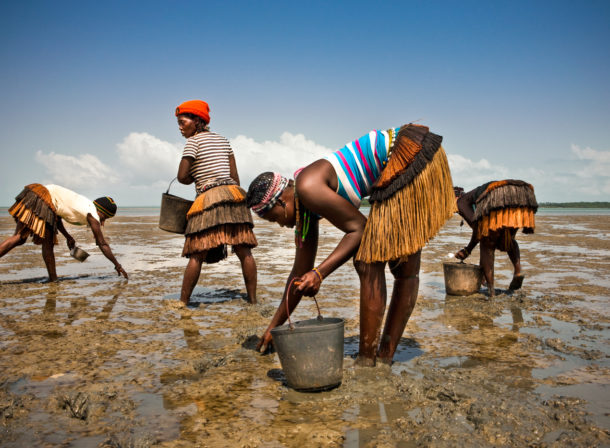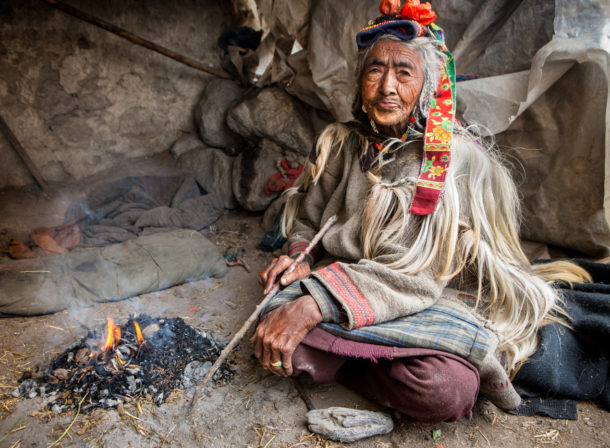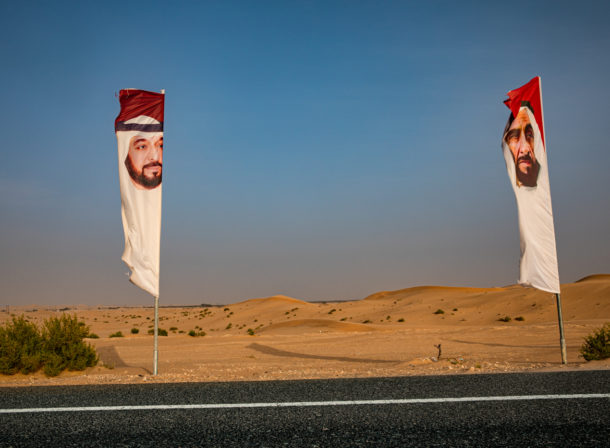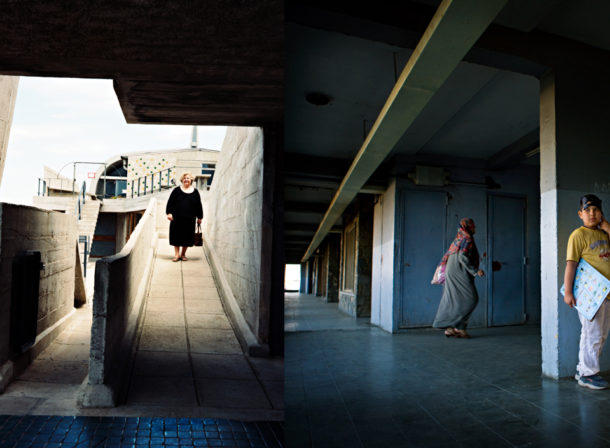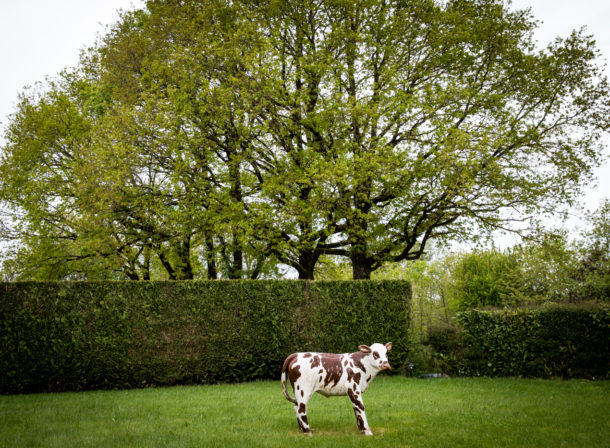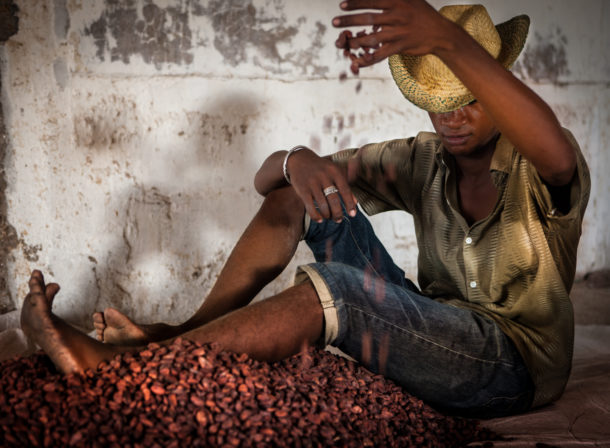Discovering a modern Ethiopia out one of the oldest countries in the world.
Ethiopia is Africa's oldest independent country and the second largest when it comes to its population. Apart from a painful five-year occupation by Mussolini's army, it has never been colonised. It served as a symbol of African independence throughout the colonial period, and became a founding member of the United Nations.
Enjoying an exceptional growth (+ 8% expected in 2015, + 10% in 2014, 9.8% in 2013, 8.7% in 2012 …), Ethiopia's economy is one of the most dynamic in Africa along with Ghana, Nigeria, Angola and South Africa. But it is the only African country to grow without the help of fossil fuels.
In 2016, the country illustrates, in an exemplary fashion, Africa’s "take-off" experts mention. Many factories are under construction in the textile sector alone, generating around 50 000 jobs in the last 5 years. Ethiopia’s dynamic industrialisation is indeed a first in the history of Africa when compared to the 1970s. Then the "miracle" enjoyed by a group of African countries was driven by soaring prices of raw materials or state investment.
Propelled by foreign investment from China and Turkey this economic surge goes along sweeping changes in facilities, such as wind farms, ultra-modern dams, universities at the forefront of technology, a space observatory and modern neighbourhoods in Addis Ababa. Titanic projects in transportation (roads, a new port in Djibouti, railway lines, metro) complete the efforts. Over the past five years, it can be said that part of the country has indeed swung into the XXI century.



















